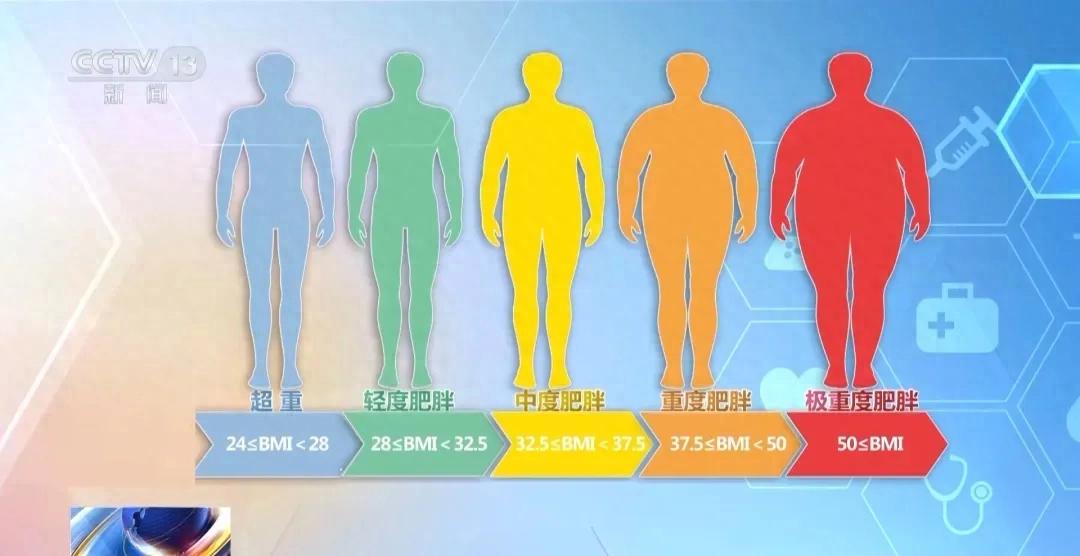Important news
In 24 hours, Biden forced China to pay the bill three times, but China refused to compromise. Three
Within 24 hours, the United States has suppressed China three times. So, what did the United States do? How did China fight back against the US suppression?
As the time for leaving office draws closer, the Biden administration's suppression of China has become more and more hysterical. In just 24 hours, the Biden administration forced China to pay the bill three times. However, what the United States did not expect was that while the United States forced China to pay the bill three times, China's three waves of counterattacks against the United States arrived in a timely manner.
For the first time, the United States tried to continue to suppress China in the field of chips and semiconductors. On January 13, local time, the US government introduced the so-called new regulations on the control of AI chips made in the United States. In the new regulations, the United States classified China as a third-tier country. For countries in this level, they will be subject to the most stringent restrictions of the United States and will be completely banned from importing AI GPU chips made in the United States. This shows that in the field of chips and semiconductors, the United States is still increasing its suppression of China.

In response to this, the spokesperson of the Chinese Ministry of Foreign Affairs pointed out that the United States has generalized the concept of national security, politicized and weaponized economic, trade and technological issues, abused export controls, maliciously suppressed China, seriously undermined market rules and the international economic and trade order, seriously affected the stability of the global production and supply chain, and seriously damaged the interests of the business community of China, the United States and other countries. China firmly opposes this and will take firm measures to safeguard the legitimate rights and interests of Chinese companies.
It is important to know that the so-called new regulations issued by the US government have not only aroused opposition from China, but also caused dissatisfaction in the U.S. Relevant people in the U.S. believe that these new regulations will cause the United States to lose important strategic markets and cause "lasting damage" to the U.S. economy and semiconductor field.
Moreover, these new US regulations will also prompt China to step up its efforts to solve the problems facing its own semiconductor industry chain. Once China has perfected its semiconductor industry chain, it will be completely impossible for the United States to strangle China.

The second time, the United States openly smeared China. On January 14, local time, the U.S. Department of Homeland Security announced that it would add 37 more Chinese companies to the so-called "Uyghur Forced Labor Prevention Act Entity List." It is obvious that the United States is smearing China.
In the past few years, the United States has repeatedly fabricated rumors related to Xinjiang, but it has never produced any substantial evidence. This shows that on issues related to Xinjiang, the United States only wants to create public opinion to discredit China and spread news that is unfavorable to China to countries or people who do not know the truth. Now, the United States has once again played the same old tune, which also shows that the United States has run out of tricks to contain China.
Faced with the smears of the United States, China refuses to compromise. A spokesperson for the Chinese Ministry of Foreign Affairs said that the so-called "forced labor" is completely nonsense. The United States concocted and implemented the Xinjiang-related evil law based on lies and included Chinese companies in the sanctions list. The essence of the United States is to interfere in China's internal affairs, damage China's interests, and contain and suppress China. China will take resolute measures to firmly safeguard the legitimate rights and interests of Chinese companies.

The third time, the United States has taken action to contain China in the automotive field. On the 14th, the White House said that it had finalized the rules to crack down on Chinese and Russian automotive technology. In the future, the United States will prevent all smart cars from China and Russia from entering the US market.
It can be said that this is another typical case of the United States suppressing China by generalizing the concept of "national security". In response, a spokesperson for the Chinese Ministry of Foreign Affairs said that the United States' restriction on the use of Chinese connected car software and hardware and complete vehicles in the United States on the grounds of so-called "national security" is completely without factual basis and is a typical protectionism and economic coercion. China firmly opposes this. China urges the United States to stop the wrong practice of generalizing national security and stop the unreasonable suppression of Chinese companies. China will take necessary measures to resolutely safeguard its legitimate rights and interests.






